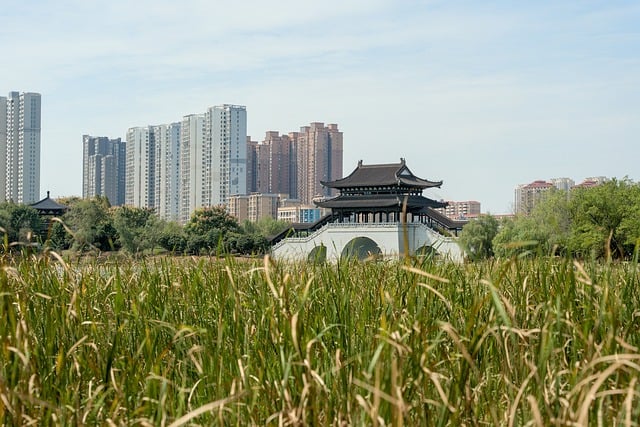Sustainable Solutions: Eco Community Development for a Greener Tomorrow
In a world increasingly aware of climate change, the importance of eco community development has never been more critical. People are coming together, driven by the desire to create spaces that foster sustainability, promote well-being, and nurture the environment. This sense of community and shared values has ushered in a new era where neighbors collaborate to make a positive impact on their surroundings.
Eco community development goes beyond individual efforts; it thrives on the collective spirit of those who live and work together. Residents are not just passive recipients of governmental policies; they are active participants in shaping their environment. From urban gardens to local renewable energy projects, communities are finding innovative ways to reduce their carbon footprints while enhancing the quality of life for all.
Imagine walking down a vibrant street lined with green spaces, where children play in safe parks, and adults gather in community gardens to share not just the fruits of their labor but also their stories and skills. These spaces foster a sense of belonging and responsibility towards one another and the ecosystem. When community members unite for a shared cause, it sparks inspiration and creativity—building lasting relationships that extend beyond mere neighborhood ties.
One remarkable aspect of eco community development is its adaptability to different contexts. In urban areas, small-scale initiatives like rooftop gardens, rainwater harvesting, and community clean-up events can lead to profound changes. Meanwhile, rural communities might focus on sustainable agriculture, permaculture practices, or local markets that not only provide healthy food options but also support local economies and preserve cultural heritages.
The rise of eco-conscious organizations and citizen-led movements showcases the power of grassroots initiatives. These networks serve as beacons, offering resources, guidance, and support for communities seeking to adopt sustainable practices. Workshops on composting, fossil fuel alternatives, and biodiversity encourage residents to take ownership of their environmental impact. When individuals learn sustainable skills together, they cultivate not just gardens, but also an empowered community ready to tackle broader challenges.
Moreover, eco community development fosters resilience by preparing communities for the inevitable changes posed by climate change. By prioritizing sustainable building practices, disaster preparedness, and ecological restoration, communities can weather the impacts of climate-related events. This proactive approach is not only about survival; it’s also about thriving in a shared future where every voice matters and every action counts.
As we envision a greener tomorrow, let us embrace the transformative potential of eco community development. Through collaboration, education, and a deep-rooted commitment to our planet, we can create environments that reflect our values and aspirations. Together, we can nurture not only our communities but also the Earth itself, ensuring that future generations will inherit a world that is vibrant, sustainable, and full of promise.




